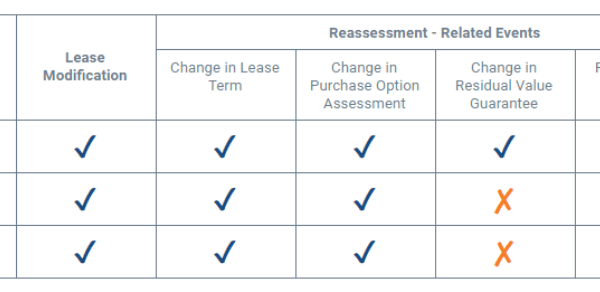This post originally appeared on Marketplace Advertiser, Connected Real Estate Magazine and is republished with permission. Find out how to syndicate your content with theBrokerList.
console.debug(‘TRINITY_WP’, ‘Skip player from rendering’, ‘is single: , is main loop: 1, is main query: 1’);console.debug(‘TRINITY_WP’, ‘trinity_content_filter’);
The Counselors of Real Estate, an international consortium of commercial property professionals, recently released its latest report, Top Ten Issues Affecting Real Estate. The group identified, debated and voted on the current and emerging issues that will likely have the most impact on the CRE industry during the 2021-2022 cycle and named remote work and mobility as the top issue. Specifically, how these issues will affect CRE buildings globally. Technology acceleration and ESG (Environmental, Social and Governance) was deemed the second and third biggest issues, respectively.
“As we emerge from COVID-19 into a new world replete with local and global disruptions alike, our industry has been forced to recognize that adaptability and resiliency are paramount in real estate markets,” Michel Couillard, CRE, 2021 global chair of The Counselors of Real Estate said in a release. “It is undeniable that the pandemic’s disruption significantly impacted human behavior in how and where people have chosen to work. Now, with an escalating return to ‘business as usual,’ and workers beginning to return to offices, landlords and companies nevertheless are facing repositioning of the workspace and the benefit of easily adaptable and sharable spaces.
“Time will tell as to which population migration and space use behaviors will endure, as all real estate sectors will be watching closely and poised to react. Property owners and managers should be flexible in order to accommodate these demand-driven changes in the desired use and location of space.”
Couillard, who is also president and CEO of BUSAC Real Estate in Montreal, added that an immediate effect of a return to the office is the residual benefit to restaurants, transportation, shops, dry cleaners and other retailers, which will benefit property owners as well.
The Counselors of Real Estate ranked the acceleration and adoption of technology as having the second greatest impact on the industry. The pandemic had a universal effect on technology, and the real estate industry was no exception.
“The stressors were not about new tech, but about the acceptance of it. Lockdown-driven changes in our work, the economy, in social structures, and in our personal behavior forced the industry to put any earlier reluctance aside,” Couillard said.
ESG initiatives climbed to third place among the issues most concerning to CRE this year, according to the group. Shifts in customer preferences, regulatory requirements, trillions of dollars of wealth moving to younger generations that are committed to philanthropic living, a blurring of work and societal expectations and efforts to attract and retain top talent are among the drivers that fueled ESG initiatives to one of the top spots on this list.
“Investor and market demand for ESG programs in real estate spans the globe with the key questions being what is material, where are we vulnerable, and which strategies will cost-effectively mitigate risks and create long-term value?” said Couillard.
Couillard also explained that the COVID-19 pandemic was a “stress test” that revealed vulnerabilities, appetites and new and increased risks.
“These themes present themselves in the 2021-22 Top Ten Issues, which are highly interconnected and indicative of a newly changed and further evolving real estate environment, he said. “We have been awakened to some familiar but nascent areas of importance, namely cybersecurity, supply chain, and price instability. None of these are new concepts, but in a span of months or even just weeks, we saw high profile hacks, shortages of resources like microchips, lumber and labor, and rising prices across the board.”
Supply Chain Logistics, Infrastructure, Housing Supply and Affordability, Political Polarization, Economic Change, Adaptive Reuse, and the Bifurcation of Capital Markets rounded out the fourth through 10th place rankings, respectively.
“Set against the prevailing environment, our members identified the weakness of housing supply and its impact on affordability as the sixth issue affecting the real estate industry globally,” Couillard said. “In the US, the supply of housing was already anemic, but when the pandemic hit, plunging mortgage rates and the resulting surge in sales created what is now an historic low level of housing inventory.”
Click here for a full breakdown of The Counselors of Real Estate’s Top Ten Issues Affecting Real Estate.
Joe Dyton can be reached at [email protected]
The post Report: remote work, mobility top issues affecting CRE appeared first on Connected Real Estate Magazine.



